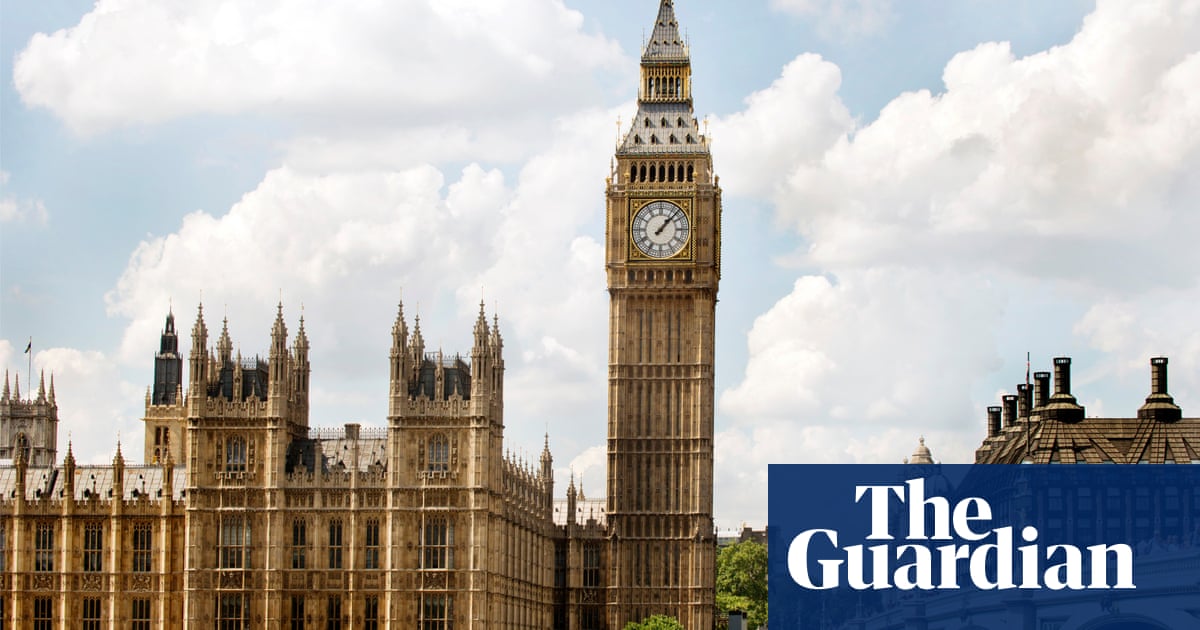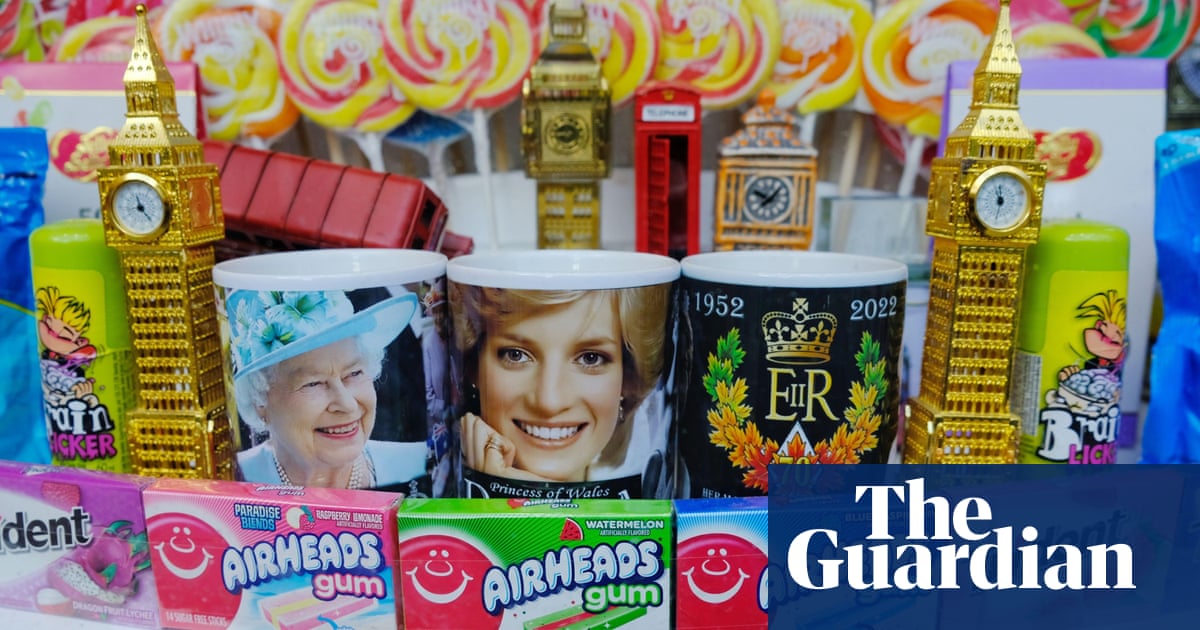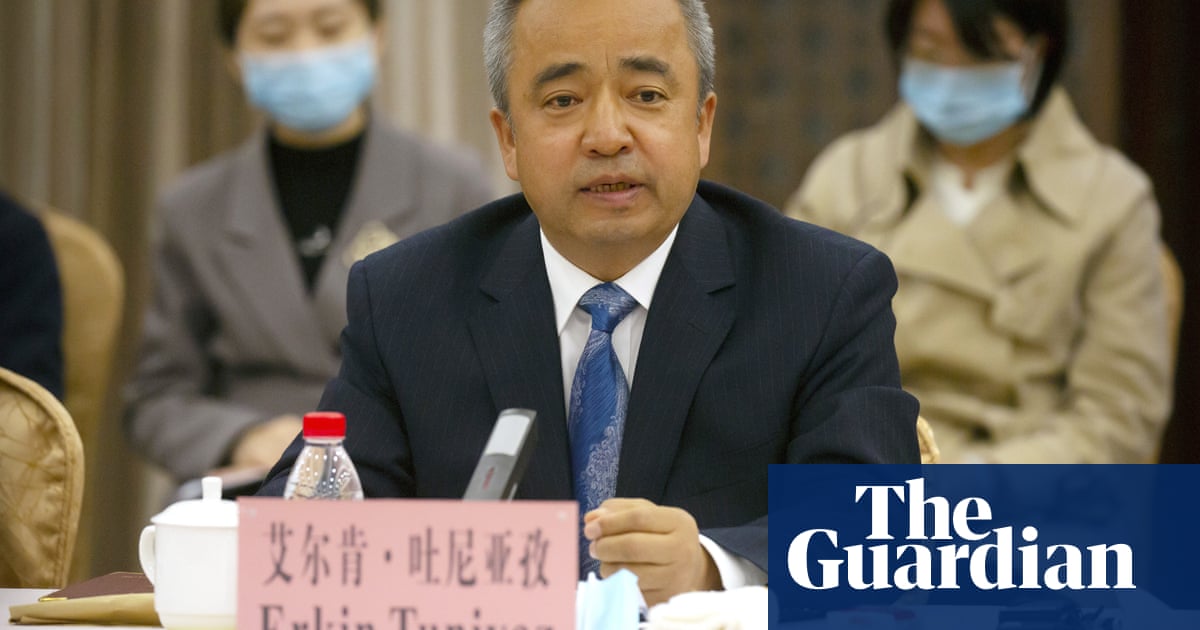
MPs should be banned from using foreign governments to fund parliamentary “special interest” groups, a committee has recommended as part of a crackdown on the influence of potentially hostile states in parliament.
At least two Gulf countries are said to have financially supported All Party Parliamentary Groups (APPGs), while fears have been raised for years among security officials about the opaque nature of how the networks operate.
The Commons and Lords speakers are particularly concerned about the influence of foreign governments among APPGs, and are behind the push to block funding of the groups and donations of gifts in kind such as administration services.
Now a report from the Commons standards committee has gone further – making sweeping suggestions to curb the potential dangers posed by external secretariats, who effectively run the groups on behalf of MPs.
Given concerns the current rules that ban such secretariats from being handed a parliamentary pass are not being properly enforced, a review of pass-holders has also been recommended.
There are more than 740 APPGS – more than one for every MP. To limit the number, the standards committee is pushing for every group to have a maximum of four “officers” who are all jointly liable for following the rules. It also wants MPs to be allowed to be an officer for only six groups.
The ability of businesses to lobby MPs has also caused concern. APPGs that get more than £1,500 in financial benefits a year would face tough new restrictions under the rule changes suggested by the standards committee.
They would be forced to produce an annual report about their work, and have their annual general meetings chaired by an MP who is not part of the group but instead selected from a panel chosen by the speaker.
All APPGs should be banned from accepting foreign governments’ money, and have to publish their annual income and spending, the standards committee said.
Chris Bryant, the chair of the standards committee and a Labour MP, told the Guardian: “The easiest way in the world to peddle influence around parliament – whether appropriate or not – is through APPGs. There’s far too many of them. It’s out of control and we need to rein it in.”
Bryant added: “The whole of our system of lobbying has a soft underbelly – and it’s called APPGs. Anyone can set them up, they’re running in five minutes and you hardly have to have anyone interested or turn up – yet then you can tout your influence around parliament very easily.”
The administration committee, which has the power to revoke parliamentary passes and is chaired by Tory MP Charles Walker, is said to have given the nod to a review into the allocation of passes to APPG external secretariats.
There are 36 APPGs about specific countries that have an external secretariat, funder or “public enquiry point”, according to Transparency International. It found that 23 of these were a thinktank, or a civil society or campaign group, six were private businesses, while five were unknown and two of the APPGs were sponsored by a foreign government.
Alison Giles, parliament’s head of security, warned last year that APPGs were “relatively unregulated and, crucially, dependant on outside interests for funding”.
She said: “Many APPGs will be actively looking for the kind of support that foreign entities and governments would be only too pleased to provide.”
Giles added that it was “easy … to obfuscate funding sources”. Her comments suggest that moves to directly block foreign government’s funding APPGs may not block money flowing into them from hostile states completely.












